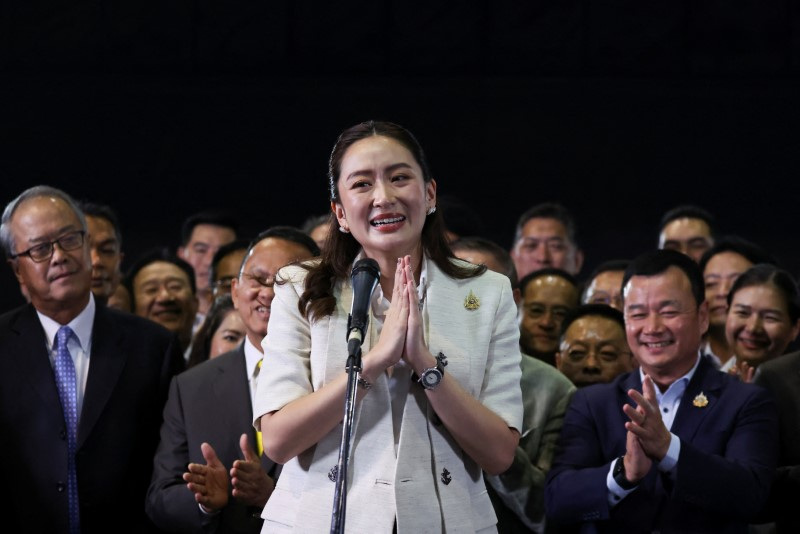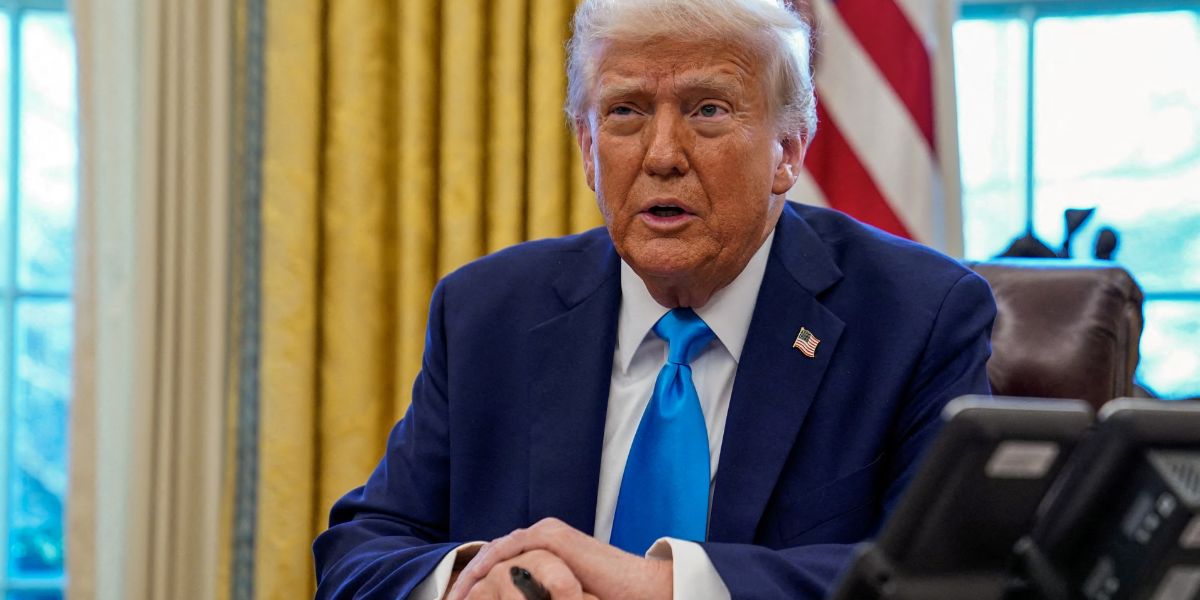Paetongtarn Shinawatra, a 37-year-old former hotel executive and political heiress, was approved by Thailand’s parliament as the country’s new prime minister. Coming from the influential Shinawatra political dynasty and leading the Pheu Thai Party, Paetongtarn steps into leadership at a turbulent time for Thai politics. Her appointment follows the recent dissolution of the progressive Move Forward Party, despite their major election win that helped end military rule last year.
Though she is the youngest person ever elected as Thailand’s prime minister, Paetongtarn’s youth contrasts with her deep roots in Thai politics, thanks to her family’s well-established presence. Her victory represents the continuation of a long-standing conflict between the populist factions linked to the Pheu Thai Party and the pro-monarchy military establishment.
Paetongtarn first entered politics in 2021 when the Pheu Thai Party, founded by her father Thaksin Shinawatra, appointed her as the chief of its Inclusion and Innovation Advisory Committee. At the time, she stated that she had little interest in becoming a politician herself, preferring to remain in an advisory role. However, as the 2023 election season approached, Paetongtarn shifted her stance. The Pheu Thai Party named her as one of its three prime ministerial candidates.
For two decades, populist parties associated with Thaksin had dominated national elections. Yet in the 2023 general election, the Pheu Thai Party came in second, while the Move Forward Party secured the most seats. Despite efforts to form a coalition government, progress stalled. Ultimately, parliament chose Pheu Thai’s Srettha Thavisin as prime minister. When Thailand’s Constitutional Court disbanded the Move Forward Party, and Srettha was subsequently removed from office, Pheu Thai nominated Paetongtarn as his successor. Her nomination was approved, though she still awaits formal approval from King Vajiralongkorn before officially taking office.
The Shinawatra family has been a powerful force in Thai politics for years. Paetongtarn’s father, Thaksin Shinawatra, was a billionaire telecom executive before serving as prime minister from 2001 to 2006. Her aunt, Yingluck Shinawatra, was Thailand’s first female prime minister, holding office from 2011 to 2014. The family’s populist politics frequently clashed with Thailand’s royalist-aligned courts and military, leading to military coups or court rulings that prematurely ended the terms of Thaksin, Yingluck, and her uncle, Somchai Wongsawat, who also briefly served as prime minister in 2008.
Despite being ousted in 2006, Thaksin’s influence persisted, with his parties continuing to win elections. He returned to Thailand last year after 17 years of self-imposed exile. Paetongtarn’s candidacy initially attracted attention from younger voters, who have generally leaned toward the opposition. Analysts suggest that her relatively young age compared to previous leaders might resonate with young voters globally who are increasingly dissatisfied with traditional politics.
However, some argue that Paetongtarn represents a continuation of the Shinawatra family’s grip on Thai politics, leading to concerns that the recent dissolution of the Move Forward Party suggests that the voices of Thai voters are being disregarded.
Looking ahead, Paetongtarn faces significant challenges. Thailand’s economy is struggling, and Pheu Thai’s popularity has been waning. During her campaign, she pledged to expand healthcare coverage, reduce public transport costs, and double the daily minimum wage. Yet critics note that her platform closely mirrors that of her father and the family’s party, with little indication of new ideas or strategies.
Also Read:
- Inside Nancy Pelosi’s Fight Against Trump: A Closer Look at Her Strategic Moves and Political Legacy
- Illinois Officials Condemn Political Violence Following Attempted Assassination of Trump
Additionally, the opposition remains a threat. The Move Forward Party has already regrouped as the People’s Party and could challenge Paetongtarn’s leadership. Furthermore, she must navigate the persistent tension between her party and the pro-monarchy military and courts that have historically undermined her family’s hold on power.




